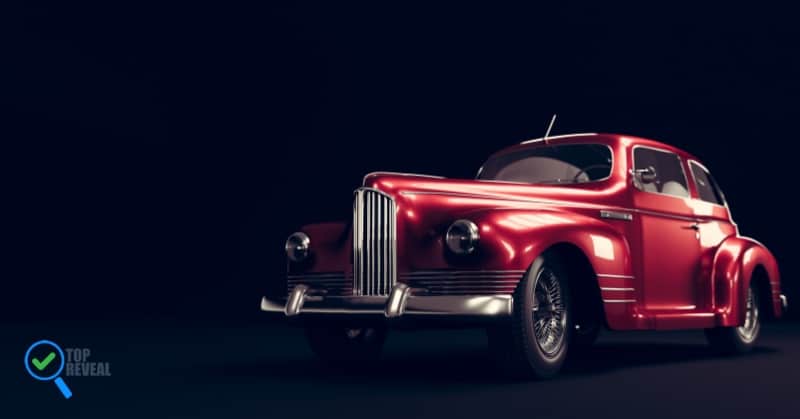Buying a classic car can be a long and expensive process, however, it’s all worth it when you get to start working on it and restoring it to its former glory, or simply owning something so rare and special if it doesn’t need any work.
However, it can be a big decision and shouldn’t be done impulsively, especially if you’re on a tight budget. Before you even start car shopping, there are a few things you’ll need to do and think about – here are a few guidelines to help you out.
Know Your ‘Why’
Contents
First of all, you need to know why you’re buying a vintage car, because this will determine a lot of the rest of the process.
There are plenty of reasons you might want to do this: for the sake of starting and completing a restoration project, for a collection, to showcase at car shows, or even to drive you from point A to B on a regular basis. Whichever your reason might be, getting clear on what you want to do with your car is the first step.
Visit Some Shows
Visiting car shows is a great starting point for when you want to start shopping because you can get some ideas and inspiration. Even if you’re set on something specific, you might see a 1930 Ford Model A, or a Chevy Camaro that grabs your attention instead.
You might purchase your dream car at a show, or you might see something you like and then look for something similar online or at an auction.
Find a Seller
Finding a reputable seller is an important step. Unless you’re keen to rebuild the vehicle from ruin, you’ll want it to be in a semi-decent condition and you’ll want to get it for the best possible price.
To find a good seller, talk to people at car shows or find a classic cars club where you can meet other enthusiasts who can help you out.
Ask the Right Questions
Once you’ve found a car you love from a seller you trust, there are still some precautions you’ll want to take to ensure you’re getting what you want (and what you’re paying for. Be sure to ask the right questions to ensure you get all the information you need about the car before you buy it.
Just as when you’re buying any second-hand car, you need to avoid getting ripped off, so make sure you’re clear on the car’s condition, history, and any other important details.
Don’t Skip the Test Drive
If you’re buying a car for the sake of driving it, you’ll want to make sure it runs well. Of course, if you’re buying a car for the sake of restoring it to driving condition, this won’t necessarily apply to you.
But as with any car, getting a feel for a vehicle is an important part of the buying process which you don’t want to skip if you don’t have to.
Get an Inspection
There’s nothing worse than when an inspection goes wrong once you’ve already paid for the vehicle. Getting your classic car inspected and assessed before you purchase it is crucial, so you know what you’re up against.
You’ll be better able to plan and assess what work needs to be done once a mechanic has taken a look at it and figured out what works well and what… doesn’t. The inspection might cost you a bit of cash, but it’s a good move to make before you commit.
Find a Mechanic
Finding a reputable mechanic for your vintage car is crucial. Many regular auto shops won’t work on vintage cars because these vehicles require special care and you’ll want to make sure you find just that.
Even if you’re planning on restoring the car yourself, there will be tasks you simply can’t do without professional assistance. This means that finding a classic car mechanic you trust is an important step you don’t want to skip.
Choose the Right Insurance
Finally, keep in mind that regular car insurance isn’t going to make the cut for your vintage vehicle. You’ll need to pay for specialised insurance to cover this car.
Talk to your regular auto insurance provider to find out what options they have for the vehicle you choose, but be prepared to seek out a new and specialised insurance company that works with those types of vehicles, since many general insurance companies don’t offer that kind of cover.
